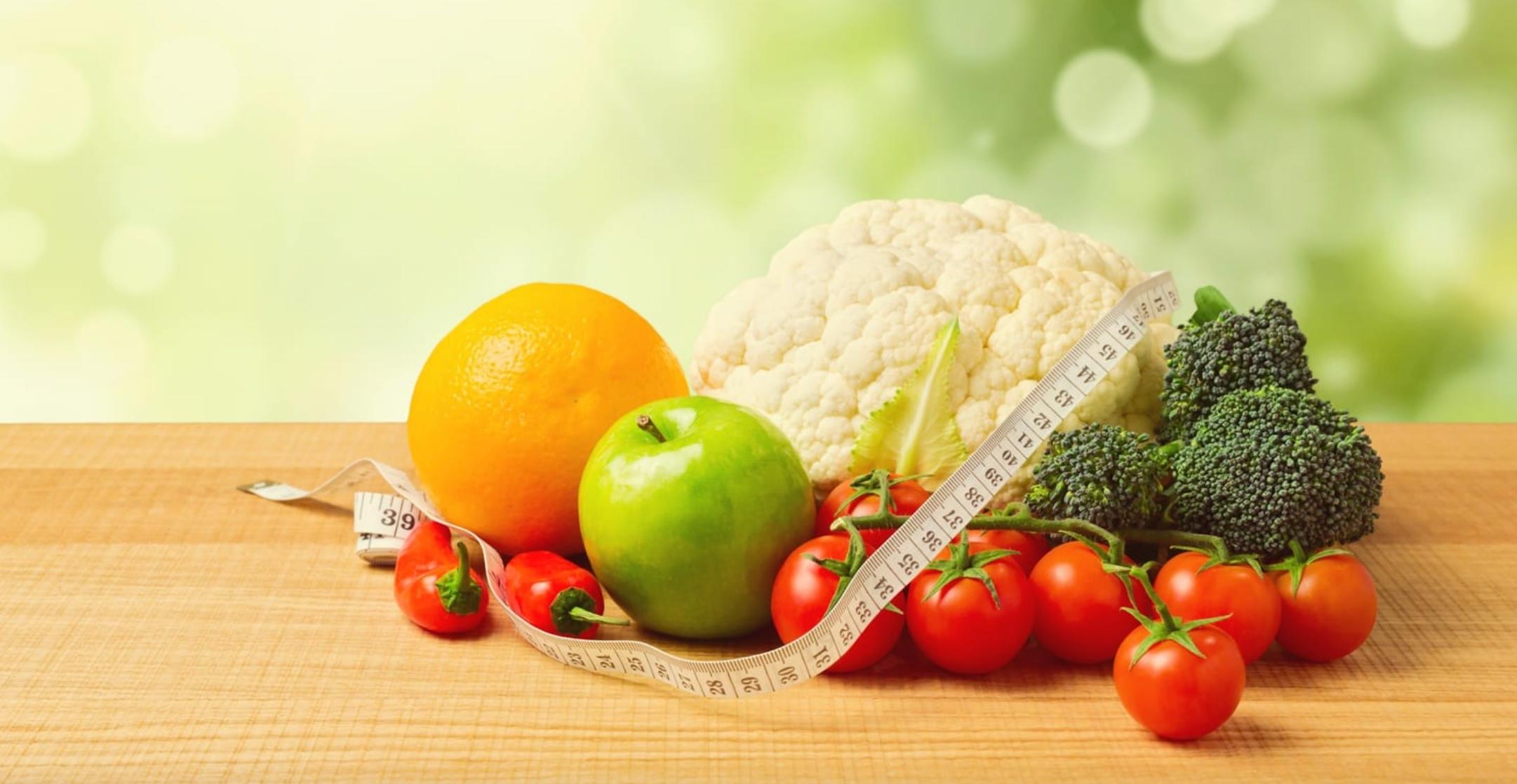Don’t reduce too much fat from your diet
That’s right don’t cut out too much fat from your diet! But that doesn’t mean you can have as many cream cakes and biscuits as you like! A small amount of Fat is essential for health and it plays an important role in the transportation of vitamins and minerals, most importantly it makes food taste good. As most of you are aware eating too much fat might lead to weight gain, research has also show that the consumption of too much fat increases your risks of heart disease.
There are two types of fat – saturated fat and unsaturated fat. The unsaturated group include two types – polyunsaturated fats and monounsaturated fats. The differences between these are their chemical make- up. Unsaturated fat is necessary in small quantities for good health.
Good sources of unsaturated fat are:
Most vegetable oils such as rapeseed, sunflower, corn, Soya and olive oils, soft margarine labelled ‘high in polyunsaturates’
Nuts
Oily fish such as herring, mackerel, tuna, pilchards, sardines and trout.
Saturated fat is best kept to a minimum because these increase cholesterol in the blood, which increases the risk of heart disease.
Saturated fat can be found in:
Hard and some soft margarines
Solid cooking fats
Cakes
Biscuits
Puddings
Savoury snacks
Chocolates
There is a third type of fat which is the real bad stuff that is called trans fats and is usually labelled as ‘hydrogenated vegetable fat/oils’ my advice would be to stay well away from any food that includes this in the ingredient list.
So try to reduce the total amount of fat you eat and try to get your fats from the types of food listed under the unsaturated fat.
Replace starch with vegetables
While we do not endorse Hollywood fad non-carb diets, it is true that many people overeat carbs, especially processed ones. Try cutting your usual portions of bread, rice, pasta or potatoes in half, substituting a cup of vegetables such as broccoli, cauliflower or courgettes. While a cup of white rice has 250 calories a cup of steamed mixed veg has only 50 calories.
Small meals
Skipping meals throughout the day will never help shed pounds of fat. Rather it leads to binge eating at night, which is a great way to pile on the pounds. Instead eat your larger meals earlier in the day and downsize the later it gets. Eating in the morning is far more likely to be used as energy than calories taken in at night, which go unused and end up stored as fat.
Drink more water
Drinking eight large glasses of water a day is great advice for maintaining health and ensuring optimal performance, but if you drink a bit more you can burn extra fat. Water helps mobilise fat stores, while dehydration prompts fat to sit tight (or, more accurately sit loose). Many weight loss experts believe drinking an ounce of water per pound of body weight is a key formula for effective fat burning.
Cheat days
Instead of eating the same thing day in and day out plan to have only a couple of strict days a week, three or four moderate days and a cheat day where you eat whatever you like. This gives your body mixed signals, never giving it the chance to kick into its primitive survival mechanism that stores fat at the slightest hint of famine. A regimented nutrition plan for fat loss should be for life, so this will prevent binging and craving and should make it a lot easier to stick at.
Extra protein
When you decrease your portion sizes you need to increase your protein intake an extra 20% to maintain your muscle mass and keep your metabolism in a high gear. Protein takes quite a long time for your body to break down, by staying in your system for a longer period it provides your muscles with a steady stream of amino acids, maintaining your muscle mass and keeping your fat burning furnace stoked.
Balancing act
Eat a healthy balance of every type of nutrient. Eating healthily doesn’t have to be about avoiding the naughty foods; it is about eating lots of the good ones. Obese people can actually be starving themself to death (suffering from malnutrition), as our bodies can no longer read the signals telling us what nutrients we need. A craving for potassium for instance will far more likely to be read as a craving for chocolate, crisps, biscuits or ice cream etc. If the craving isn’t answered with the correct nutrient then it won’t go away leading to further binging and so on and so on.

